The Morality of Wiretapping and Surveillance
In our rapidly evolving world, the ethical implications of wiretapping and surveillance have become a hot-button issue. As technology advances, the ability to monitor individuals has grown exponentially. This raises crucial questions about the balance between security and privacy. Are we sacrificing our personal freedoms for a sense of safety? Or is there a way to achieve both without infringing on our rights? This article aims to explore these complex moral dilemmas, shedding light on the intricate relationship between surveillance practices and our fundamental freedoms.
Wiretapping, once a tool of law enforcement, has now infiltrated our daily lives through various forms of surveillance, including social media tracking and data collection. The convenience of technology often blinds us to the potential consequences of such monitoring. Imagine living in a world where every conversation, every text message, and every online interaction is subject to scrutiny. It’s a chilling thought, isn't it? The question we must grapple with is: how do we navigate this landscape without compromising our ethical standards?
The moral quandaries surrounding surveillance are not black and white. On one hand, proponents argue that surveillance is essential for national security, helping to prevent crime and terrorism. On the other hand, critics contend that such practices infringe on individual rights and can lead to a slippery slope of oppression. As we dive deeper into this topic, we will examine various ethical frameworks that underpin surveillance practices, the ongoing privacy versus security debate, and the implications for society at large.
Ultimately, the morality of wiretapping and surveillance is a reflection of our societal values. It challenges us to consider what we are willing to sacrifice for safety and whether the ends truly justify the means. As we explore this multifaceted issue, we will uncover the layers of complexity that define the ethics of surveillance in our modern world.
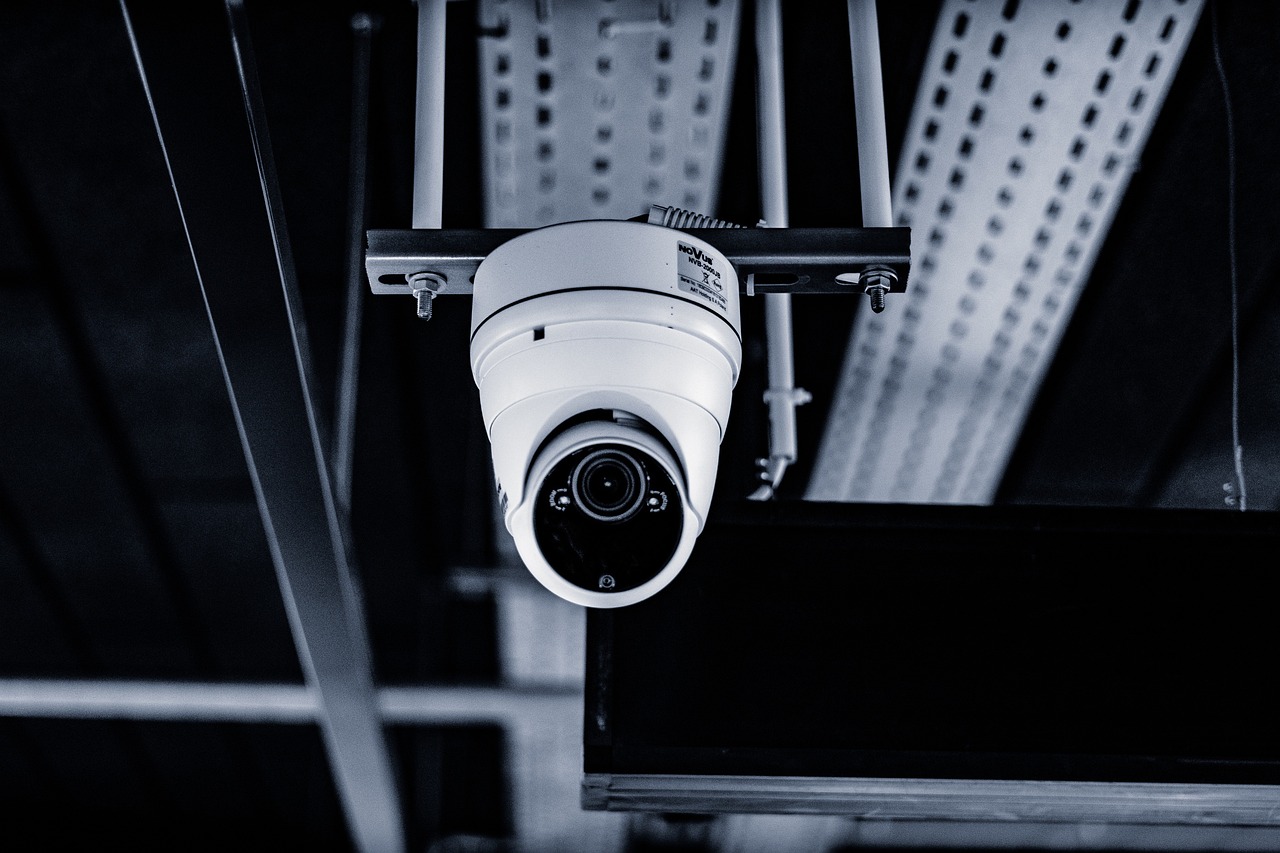
The Ethical Framework of Surveillance
When we talk about surveillance and wiretapping, we often find ourselves at a crossroads of ethics and morality. It's like standing at a fork in the road where one path leads to security, and the other to privacy. To navigate this complex terrain, we must first understand the ethical theories that underlie these practices. Three major ethical frameworks come into play: utilitarianism, deontology, and virtue ethics.
Utilitarianism suggests that the right action is the one that maximizes overall happiness or well-being. In the context of surveillance, proponents argue that monitoring communications can prevent crime and terrorism, thus protecting the greater good. However, this raises a critical question: at what cost? If the happiness of the majority comes at the expense of individual privacy, are we truly achieving a net benefit?
On the other hand, deontology focuses on the morality of actions themselves rather than their consequences. This perspective emphasizes the importance of respecting individual rights and duties. From a deontological viewpoint, wiretapping without consent is inherently wrong, regardless of the potential benefits. It challenges us to consider the fundamental rights of individuals and question whether the ends ever justify the means.
Then we have virtue ethics, which encourages us to think about the character and intentions behind our actions. In surveillance practices, this means examining the motives of those who implement these measures. Are they acting out of genuine concern for public safety, or is there a more sinister agenda at play? Virtue ethics pushes us to reflect on the kind of society we want to build and the values we uphold.
To better understand these theories, let’s look at a comparison of their key principles:
| Ethical Theory | Key Principle | Application to Surveillance |
|---|---|---|
| Utilitarianism | Maximize overall happiness | Surveillance justified if it prevents harm to many |
| Deontology | Respect individual rights | Wiretapping without consent is inherently wrong |
| Virtue Ethics | Focus on character and intentions | Motives behind surveillance practices matter |
As we delve deeper into the ethical implications of surveillance, it becomes evident that there is no one-size-fits-all answer. Each framework offers valuable insights, but they also present contradictions that complicate the discussion. For instance, how do we balance the need for security with the right to privacy? This dilemma is further exacerbated by the rapid pace of technological advancements, which often outstrip our ability to legislate and regulate effectively.
Ultimately, understanding the ethical frameworks surrounding surveillance is crucial for fostering informed discussions about its implications. As we navigate this intricate landscape, we must remain vigilant about the potential consequences of our choices, both as individuals and as a society. The conversation about surveillance is not just about laws and regulations; it's about our values, our rights, and the kind of future we want to create.

Privacy vs. Security Debate
The is one of the most contentious issues in modern society. On one hand, we have the fundamental right to privacy—an essential aspect of our individual freedoms. On the other hand, we have the argument for security, particularly in an age where threats can be both domestic and international. But how do we find a balance? This debate often feels like a tightrope walk, where one misstep could lead to the erosion of our freedoms or an increase in vulnerability to threats.
Supporters of increased surveillance often argue that the safety of the majority should take precedence over the privacy of individuals. They claim that surveillance is a necessary tool to combat crime and terrorism. After all, if we can monitor communications and activities, we can potentially prevent attacks before they happen. This perspective is rooted in utilitarianism, where the greatest good for the greatest number is the ultimate goal. For instance, after tragic events like 9/11, many citizens felt that sacrificing some privacy was a small price to pay for enhanced security measures.
However, the opposing viewpoint raises valid concerns about the implications of sacrificing privacy for security. Critics argue that once we allow surveillance to become normalized, it can lead to a slippery slope where the government can overreach its authority. This perspective aligns with deontological ethics, which emphasizes the importance of adhering to moral principles over the consequences. They ask, at what point does the surveillance become excessive? When does the government’s need for security infringe upon our basic human rights?
To illustrate, consider the following table that summarizes key arguments from both sides of the debate:
| Privacy Advocates | Security Supporters |
|---|---|
| Privacy is a fundamental human right. | Surveillance helps prevent crime and terrorism. |
| Excessive surveillance can lead to government overreach. | Sacrificing some privacy is necessary for public safety. |
| Surveillance disproportionately affects marginalized communities. | Advanced technology can enhance security measures. |
| Transparency is crucial for maintaining trust. | Security measures must be kept confidential for effectiveness. |
As we dive deeper into this debate, it’s essential to recognize that the implications of surveillance extend beyond just individual privacy. They affect societal structures, the relationship between citizens and the state, and even international relations. For instance, when citizens feel they are being watched, it can lead to a chilling effect on free speech and activism. People may hesitate to express dissenting opinions or engage in protests, fearing repercussions. This is where the ethical dilemma becomes even more pronounced—how do we justify the potential stifling of free expression in the name of security?
In conclusion, the privacy vs. security debate is not just about two opposing forces; it’s about finding a middle ground where both can coexist. As technology continues to evolve, so too must our discussions about ethics and governance. Are we willing to compromise on our privacy for the sake of security, or should we stand firm in protecting our rights? The answers to these questions will shape the future of our society.
- What is the main argument for privacy? Privacy is considered a fundamental human right that protects individuals from government overreach and ensures personal freedom.
- Why do some people support increased surveillance? Supporters argue that surveillance is necessary for preventing crime and terrorism, thereby protecting the greater public.
- How does surveillance affect marginalized communities? Surveillance often disproportionately targets vulnerable populations, raising ethical concerns about discrimination and social justice.
- What role does legislation play in surveillance? Legislation can provide oversight and accountability, ensuring that surveillance practices do not infringe upon citizens' rights.
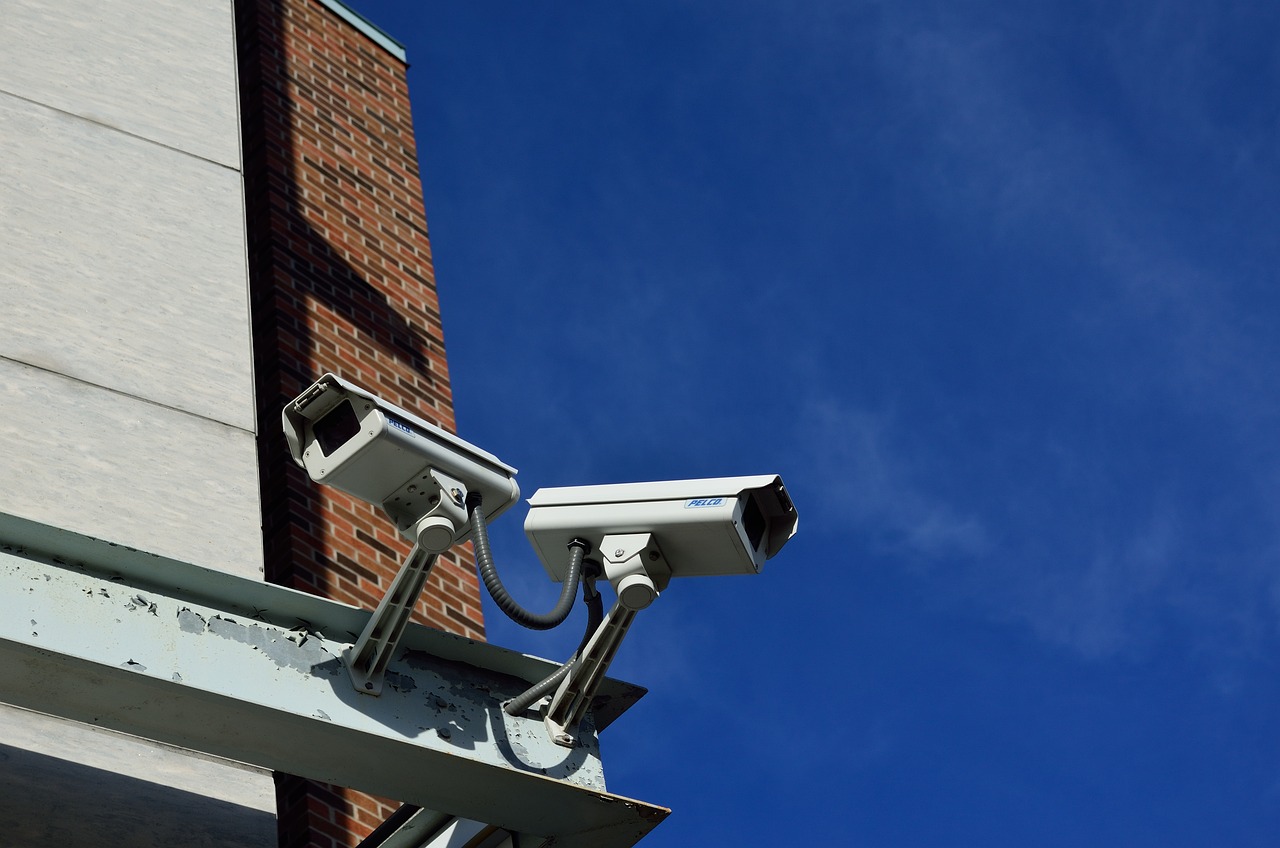
The Role of Government
The role of government in the realm of surveillance is a complex and often contentious issue. As the primary entity responsible for maintaining public safety, governments argue that they must have the ability to monitor communications to prevent crime and terrorism. However, this necessity raises profound ethical questions about the extent to which they should intrude into the private lives of citizens. After all, where do we draw the line between ensuring safety and infringing on individual liberties? It's a tightrope walk that governments must navigate carefully.
When it comes to wiretapping, the government often justifies its actions through the lens of national security. The fear of potential threats can lead to a culture of surveillance that prioritizes security over privacy. For instance, during times of crisis, such as terrorist attacks, the public may be more willing to accept invasive measures. However, this acceptance can quickly turn into a slippery slope, where the government expands its surveillance capabilities beyond what is necessary, often without sufficient oversight.
Moreover, the ethical obligations of governments extend beyond mere justification for surveillance. They must also consider the transparency of their actions. Citizens have a right to know how their data is being collected and used. This is where the concept of accountability comes into play. Governments should implement clear guidelines and policies that dictate how surveillance is conducted, ensuring that these measures are not only effective but also ethical. Failure to do so can lead to a significant erosion of public trust.
In many democratic societies, the role of government in surveillance is checked by laws and regulations designed to protect citizens' rights. However, the effectiveness of these laws often depends on the political climate and the willingness of those in power to adhere to ethical standards. For example, legislation such as the Foreign Intelligence Surveillance Act (FISA) in the United States establishes a framework for monitoring communications, but it has also been criticized for lacking transparency and oversight.
In addition to legal frameworks, the government must also engage in ongoing dialogues with the public. This means actively listening to concerns and being willing to adapt policies based on societal feedback. When citizens feel that their voices are heard, they are more likely to trust the government and accept necessary surveillance measures. Governments can foster this trust through public forums, educational campaigns, and by making surveillance practices more transparent.
Ultimately, the role of government in surveillance is not just about maintaining order; it is also about respecting and protecting the rights and freedoms of individuals. As technology continues to evolve, so too must the ethical considerations surrounding surveillance practices. Governments must strive for a balance that upholds security while safeguarding privacy, ensuring that the measures they take are not only justified but also aligned with the values of a free society.
- What is the primary justification for government surveillance? Governments often claim that surveillance is necessary for national security and public safety.
- How can citizens hold their governments accountable for surveillance practices? Citizens can advocate for transparency, engage in public discussions, and support legislation that protects privacy rights.
- What are the ethical implications of surveillance on marginalized communities? Surveillance can disproportionately affect vulnerable populations, raising concerns about discrimination and social justice.
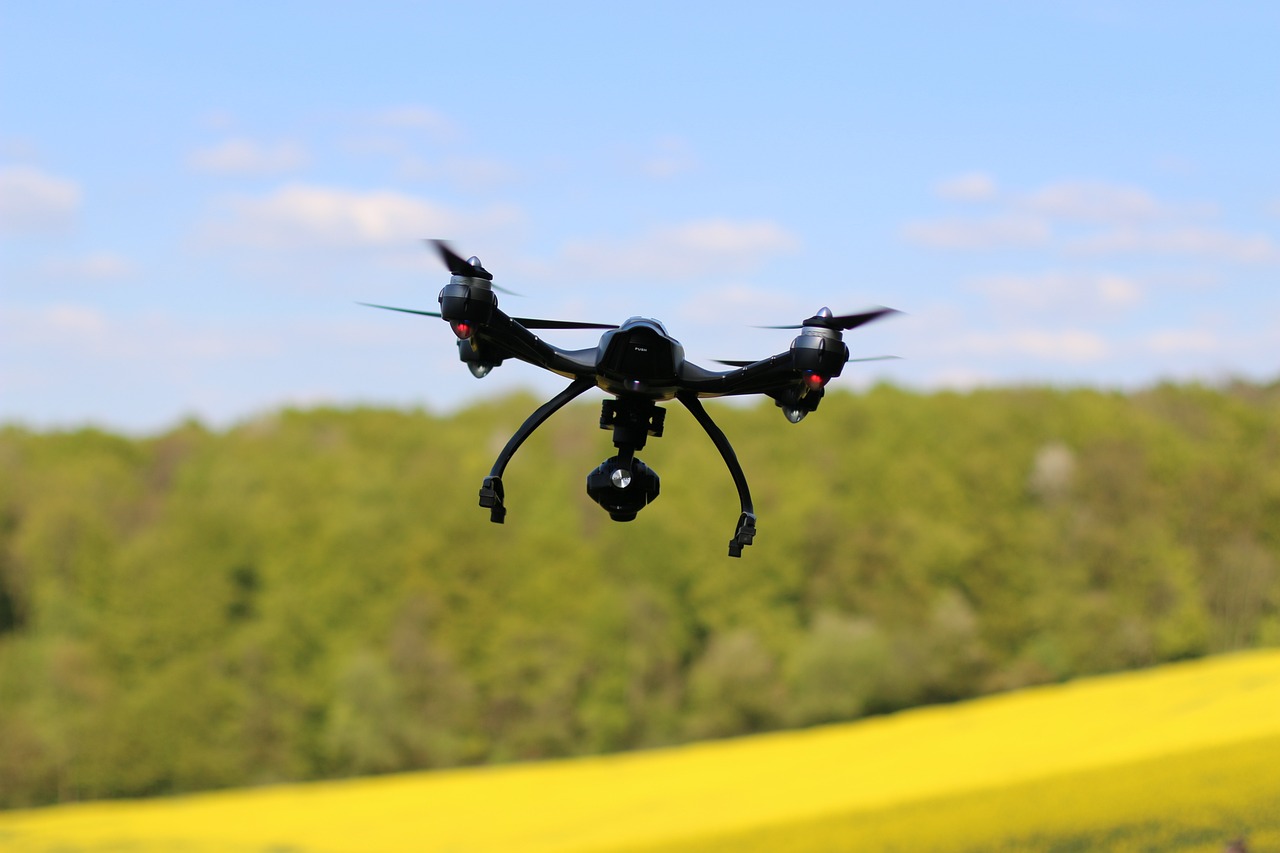
Legislation and Oversight
The landscape of surveillance is shaped significantly by legislation and oversight, which work together to ensure that the power of wiretapping and monitoring is not misused. In many countries, laws are established to regulate how and when surveillance can be conducted, aiming to strike a balance between national security and the protection of individual privacy rights. For instance, in the United States, the Foreign Intelligence Surveillance Act (FISA) is a critical piece of legislation that governs the collection of foreign intelligence information, including wiretapping of foreign agents. However, this law has often come under scrutiny for its potential to infringe upon the rights of American citizens.
Moreover, oversight mechanisms play a vital role in holding government agencies accountable. Various bodies, such as the United States Senate Intelligence Committee and the Privacy and Civil Liberties Oversight Board, are tasked with reviewing surveillance practices to ensure they comply with existing laws and respect civil liberties. These oversight entities are essential in fostering public trust, as they provide a check on the power of surveillance agencies. Without effective oversight, there is a significant risk of abuse, where surveillance could be used not just for security purposes, but also for political repression or discrimination against certain groups.
To illustrate the importance of legislation and oversight, consider the following table that outlines some key legislation related to surveillance in various countries:
| Country | Key Legislation | Purpose |
|---|---|---|
| United States | Foreign Intelligence Surveillance Act (FISA) | Regulates the collection of foreign intelligence information. |
| United Kingdom | Investigatory Powers Act (IPA) | Provides a legal framework for surveillance and data retention. |
| Germany | Federal Data Protection Act | Protects personal data and regulates surveillance practices. |
| Australia | Telecommunications (Interception and Access) Act | Regulates the interception of communications by law enforcement. |
It's crucial that legislation not only exists but is also regularly updated to keep pace with technological advancements. As technology evolves, so do the methods of surveillance, making it imperative for lawmakers to consider how new tools can impact privacy rights. Furthermore, the public must be informed about these laws and their implications. Transparency in the legislative process can help demystify surveillance practices and empower citizens to advocate for their rights.
In conclusion, legislation and oversight are not just bureaucratic necessities; they are fundamental components that protect our freedoms. As we navigate the complex waters of surveillance, it is essential to foster an environment where laws are respected, oversight is robust, and citizens feel secure in their privacy. The ongoing dialogue about surveillance must include diverse voices to ensure that the balance between security and privacy is maintained.
- What is the primary purpose of surveillance legislation?
The primary purpose is to regulate how surveillance is conducted, ensuring it is used for national security while protecting individual privacy rights.
- How does oversight prevent abuse of surveillance powers?
Oversight bodies review surveillance practices to ensure compliance with laws and protect civil liberties, acting as a check on government power.
- Are there any global standards for surveillance legislation?
While there are no universal standards, many countries have established their own laws and frameworks that reflect their cultural and political contexts.
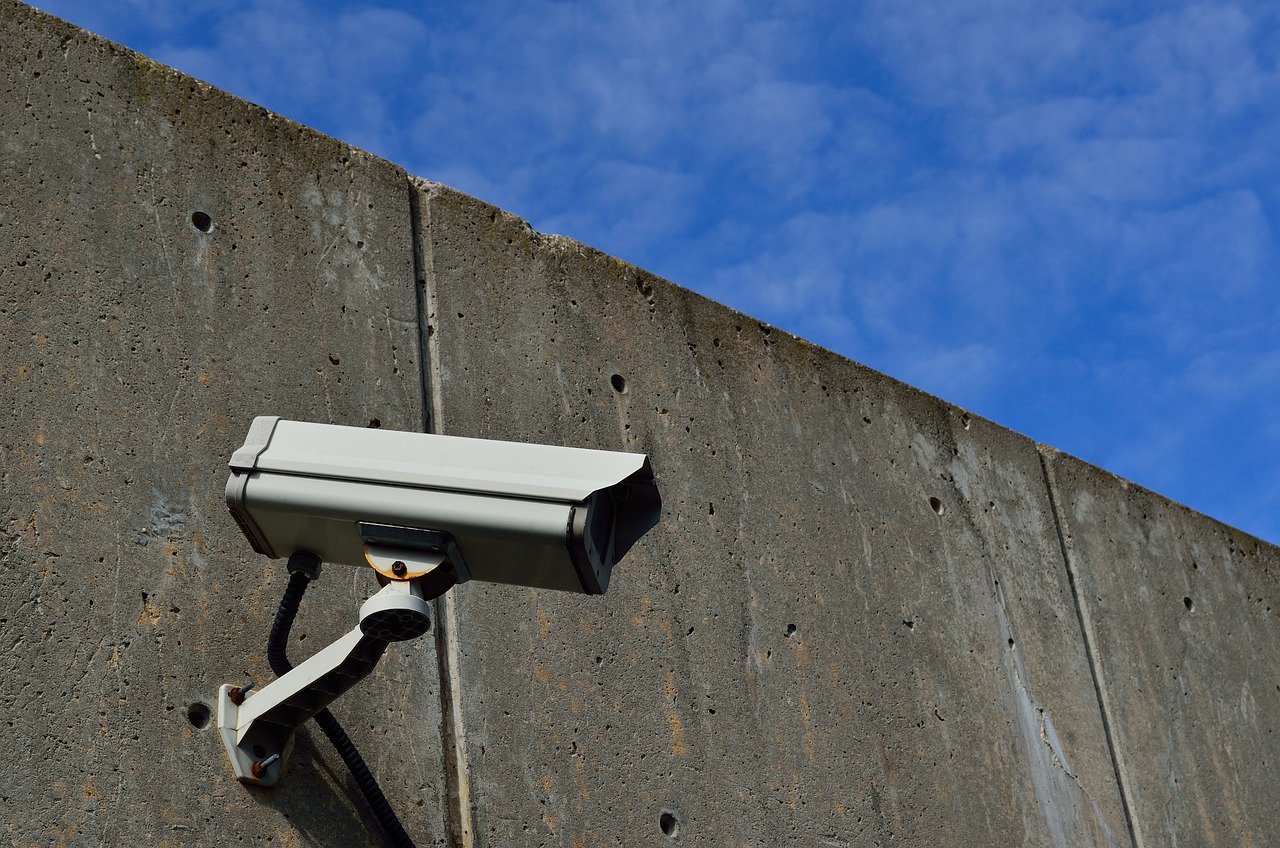
Public Trust and Transparency
The relationship between public trust and transparency in surveillance practices is like a delicate dance. When governments engage in surveillance, the public's perception hinges significantly on how open and honest officials are about their actions. If the curtain is drawn too tightly, the audience—citizens—may feel deceived, leading to a breakdown in trust. Conversely, when transparency is prioritized, it fosters a sense of security among the populace, making them feel that their rights are respected.
To illustrate this point, consider the aftermath of major surveillance scandals. When revelations about extensive wiretapping came to light, many citizens felt betrayed. They had assumed that their personal communications were private, only to discover that their government was listening in. Such incidents can create a chasm between the government and the governed, as trust erodes and skepticism grows. Therefore, it is crucial for authorities to communicate openly about the methods and purposes of surveillance, ensuring that citizens are informed rather than left in the dark.
Moreover, transparency can be achieved through various means, including:
- Clear communication: Authorities should provide straightforward information about surveillance practices, including what data is collected and how it is used.
- Public reports: Regularly publishing reports that detail surveillance activities can help demystify the process and reassure the public.
- Engagement with civil society: Involving community organizations and advocacy groups in discussions about surveillance can help align government actions with public expectations.
Ultimately, transparency is not merely a checkbox on a bureaucratic form; it is a vital component of a healthy democracy. When citizens understand the rationale behind surveillance measures, they are more likely to support them, provided that their rights are upheld. This leads to a more informed public that can engage in meaningful discussions about the balance between privacy and security.
In conclusion, fostering public trust through transparency is essential for ethical surveillance practices. Governments must recognize that their legitimacy is tied to the confidence citizens have in their actions. By being open about surveillance, officials can create an environment where the public feels secure, knowing that their rights are being respected while ensuring national security. The challenge lies in maintaining this balance—an ongoing dialogue that requires commitment, integrity, and a willingness to listen to the voices of the people.
- What is the importance of public trust in surveillance? Public trust is crucial as it ensures that citizens feel secure and respected in their rights, leading to greater cooperation and understanding of necessary surveillance measures.
- How can governments improve transparency? Governments can improve transparency by providing clear communication, publishing regular reports, and engaging with civil society organizations.
- What are the consequences of a lack of transparency? A lack of transparency can lead to public distrust, skepticism, and a feeling of betrayal among citizens, which can undermine the legitimacy of government actions.
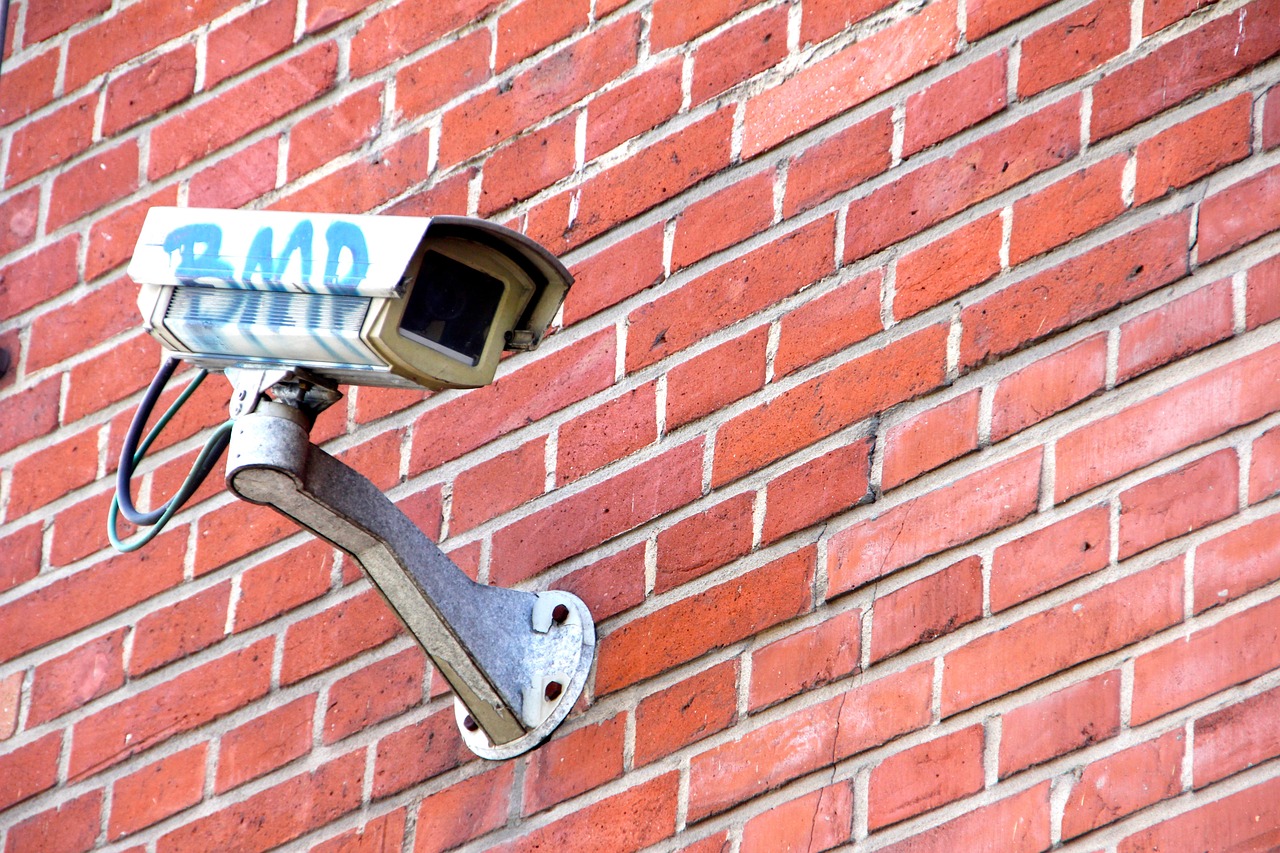
Technological Advancements
The landscape of surveillance has been radically transformed by . Just think about it: a few decades ago, the idea of monitoring someone’s activities from miles away was the stuff of science fiction. Now, with the rise of artificial intelligence, big data, and sophisticated surveillance technologies, we find ourselves in a new era where privacy is increasingly elusive. The ethical implications of these advancements are profound and often troubling.
Take, for example, the use of facial recognition technology. This tool has become a staple for law enforcement agencies, allowing them to identify individuals in real-time through public cameras. While proponents argue that it enhances public safety and helps solve crimes, critics raise serious concerns about its accuracy and the potential for racial bias. A study by the National Institute of Standards and Technology revealed that facial recognition systems were significantly less accurate for people of color, leading to a higher likelihood of false identifications. This raises a critical question: at what cost do we prioritize security over fairness?
Another area of concern is the collection of data through smart devices. From our smartphones to our home assistants, these devices are constantly collecting data about our habits, preferences, and even our conversations. While this data can be used to improve user experiences and tailor services, it also opens the door to unprecedented levels of surveillance. Imagine a world where your every move is tracked and analyzed; it’s a bit like living in a glass house, isn’t it? The implications for personal privacy are staggering, and the potential for misuse is a legitimate fear.
Moreover, the integration of big data analytics in surveillance practices means that vast amounts of information can be processed and analyzed at lightning speed. This capability can be both a boon and a bane. On one hand, it allows for more effective crime prevention and response strategies. On the other hand, it raises significant ethical questions about consent and the right to privacy. Are individuals aware of the extent to which their data is being collected and analyzed? Do they have a say in how it is used? These questions are not just academic; they are fundamental to our understanding of personal freedom in the digital age.
To illustrate the impact of these technological advancements, consider the following table that outlines some of the most common surveillance technologies and their ethical implications:
| Technology | Use | Ethical Implications |
|---|---|---|
| Facial Recognition | Law enforcement, security | Racial bias, privacy invasion |
| Smart Devices | Data collection, convenience | Consent issues, data misuse |
| AI Surveillance | Monitoring behavior, predicting actions | Autonomy concerns, accountability |
In conclusion, while technological advancements in surveillance offer enhanced security measures, they also pose significant ethical challenges that society must address. The balance between privacy and security is delicate, and as we forge ahead into this tech-savvy future, we need to critically examine the implications of these tools on our civil liberties. Are we willing to sacrifice our privacy for the sake of security, or can we find a way to protect both? The answers may define the future of our society.
- What is the main concern with surveillance technologies? The primary concern revolves around the balance between security and individual privacy rights, particularly regarding data collection and potential misuse.
- How does facial recognition technology impact civil liberties? It raises issues of accuracy, bias, and the potential for wrongful identifications, disproportionately affecting marginalized communities.
- Are there laws regulating surveillance technologies? Yes, various laws exist to govern surveillance practices, but they vary significantly by country and often lag behind technological advancements.
- What can individuals do to protect their privacy? Individuals can take steps such as using encryption, being cautious about sharing personal data, and advocating for stronger privacy laws.

Case Studies in Surveillance Ethics
When we think about the ethics of surveillance, real-world case studies can provide profound insights into the moral dilemmas faced by individuals and governments alike. These examples not only illustrate the complexities involved but also raise critical questions about the balance between security and personal freedoms. One of the most notable cases is the NSA surveillance program revealed by Edward Snowden in 2013. This revelation sparked a global debate about privacy rights and government overreach. The program, which involved extensive data collection from millions of Americans, raised eyebrows about the extent to which citizens' lives could be monitored without their consent.
Another significant case is the use of surveillance technology in China, where the government has implemented a vast network of facial recognition cameras and social credit systems. This approach has led to heightened security but at the cost of individual privacy. Critics argue that such measures disproportionately affect minority groups, leading to a chilling effect on free speech and dissent. In this case, the ethical implications become even murkier when considering the balance between maintaining public order and respecting individual rights.
Moreover, the Boston Marathon bombing in 2013 serves as a poignant example of how surveillance can be both a tool for security and a source of ethical concern. The rapid identification and capture of the bombers were made possible through extensive surveillance footage. However, this incident also ignited discussions about the implications of surveillance in public spaces and the potential for misuse of such technology. It raises the question: at what point does security become an invasion of privacy?
To further illustrate these points, consider the following table that summarizes key case studies in surveillance ethics:
| Case Study | Key Issues | Ethical Considerations |
|---|---|---|
| NSA Surveillance Program | Mass data collection, privacy violations | Balance between national security and individual rights |
| China's Surveillance State | Facial recognition, social credit system | Impact on minority rights and freedom of expression |
| Boston Marathon Bombing | Use of public surveillance footage | Public safety vs. invasion of privacy |
These case studies reveal a pattern of tension between the need for security and the preservation of privacy. As technology continues to evolve, so too does the ethical landscape surrounding surveillance. It's crucial for societies to engage in open dialogues about these issues, ensuring that the rights of individuals are not overshadowed by the demands of security. The challenge lies in finding a way to protect citizens without compromising the very freedoms that define democratic societies.
- What is the primary ethical concern regarding surveillance? The main concern is the balance between ensuring national security and protecting individual privacy rights.
- How do case studies help in understanding surveillance ethics? They provide real-world examples that highlight the complexities and moral dilemmas involved in surveillance practices.
- What role does technology play in surveillance ethics? Technology has transformed surveillance methods, raising new ethical questions about privacy, consent, and the potential for abuse.
- Can surveillance be justified for security purposes? While some argue it can, it is essential to consider the implications for civil liberties and the potential for misuse.
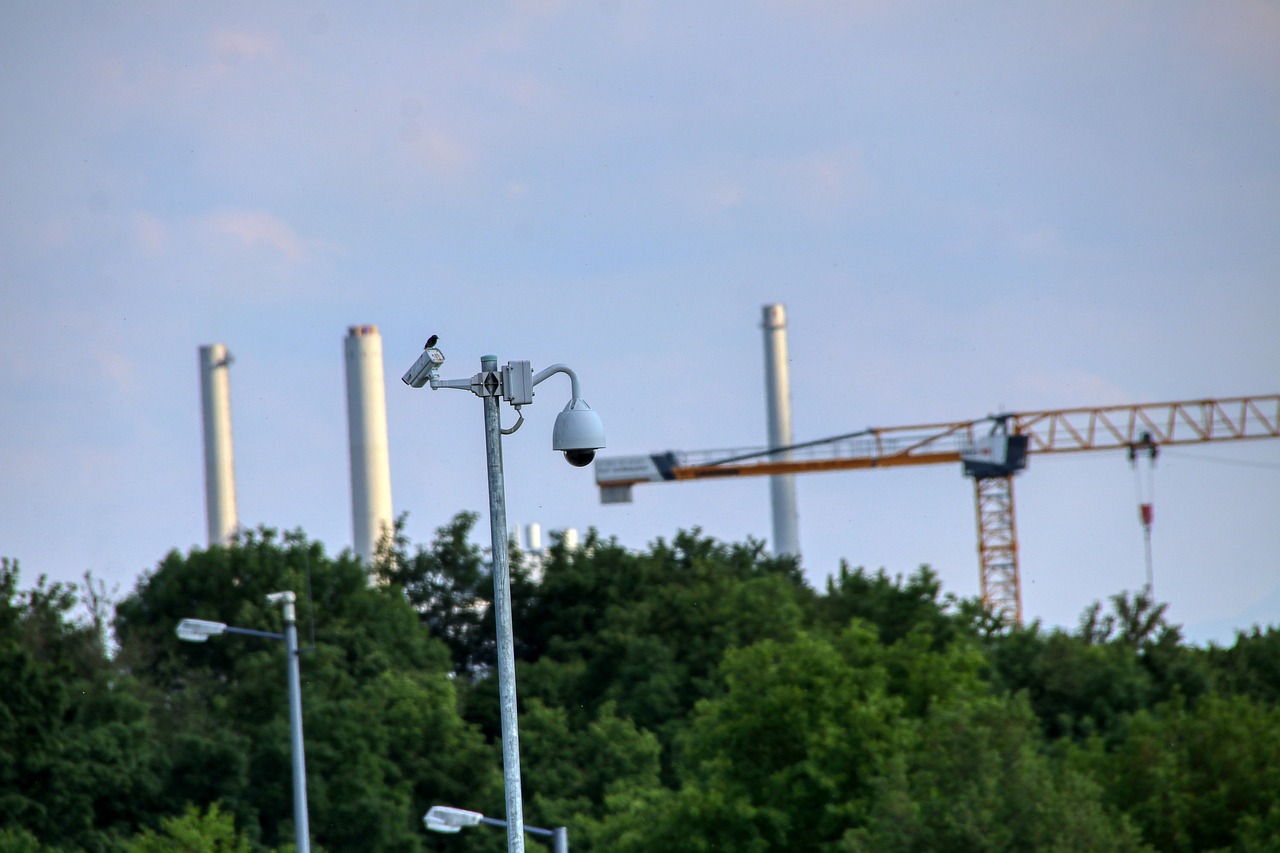
Impact on Vulnerable Populations
When we talk about surveillance and wiretapping, it's crucial to recognize that not all communities are affected equally. Vulnerable populations—those who are already marginalized due to race, socio-economic status, or other factors—often bear the brunt of these intrusive practices. Imagine a community where every conversation, every movement, and every digital footprint is monitored. This isn't just a violation of privacy; it's a profound **injustice** that can exacerbate existing inequalities.
Surveillance systems, especially in urban areas, tend to be disproportionately deployed in neighborhoods that are already struggling with issues like poverty and crime. This raises a significant ethical question: Are we prioritizing safety at the expense of civil liberties? When surveillance becomes a norm in these communities, it can lead to a chilling effect where individuals feel afraid to express themselves or engage in activities that might be deemed suspicious. It's as if a constant shadow looms over them, stifling their freedom to live authentically.
Moreover, the data collected through such surveillance often lacks context. For example, if a young person from a marginalized community is seen loitering in a park, surveillance cameras might flag them as a potential threat, leading to unwarranted police attention. This not only perpetuates stereotypes but also creates a cycle of distrust between law enforcement and the community. The consequences can be severe, ranging from wrongful arrests to a generalized fear of authority.
To illustrate the impact of surveillance on vulnerable populations, consider the following table that outlines some of the key issues:
| Issue | Description |
|---|---|
| Disproportionate Monitoring | Vulnerable communities often face higher levels of surveillance, leading to feelings of oppression. |
| Data Misinterpretation | Data collected can be misused or misinterpreted, leading to wrongful accusations. |
| Loss of Trust | Increased surveillance can erode trust between communities and law enforcement agencies. |
| Chilling Effect | Fear of surveillance can inhibit free expression and participation in community activities. |
Furthermore, the ethical considerations extend beyond just immediate impacts. The long-term implications of surveillance on vulnerable populations can contribute to systemic issues that hinder social justice. For instance, when marginalized groups are constantly monitored, it reinforces a narrative that they are inherently suspicious or dangerous. This can lead to policies that further disenfranchise them, creating a vicious cycle of marginalization.
As we consider the implications of surveillance, it's essential to ask ourselves: How can we balance the need for security with the rights of individuals? The answer lies in ensuring that surveillance practices are implemented with a keen awareness of their potential impact on vulnerable populations. This means advocating for policies that prioritize transparency, accountability, and community engagement. Only then can we hope to create a society where everyone feels safe and respected, free from the oppressive weight of constant surveillance.
- What are the main ethical concerns regarding surveillance? The primary concerns include the infringement on privacy rights, potential misuse of data, and the disproportionate impact on marginalized communities.
- How does surveillance affect trust in government? Increased surveillance can lead to a significant loss of trust in government institutions, especially if communities feel they are being unfairly targeted.
- What can be done to protect vulnerable populations from surveillance? Advocating for stronger privacy laws, community oversight, and transparent communication from authorities can help protect these groups.
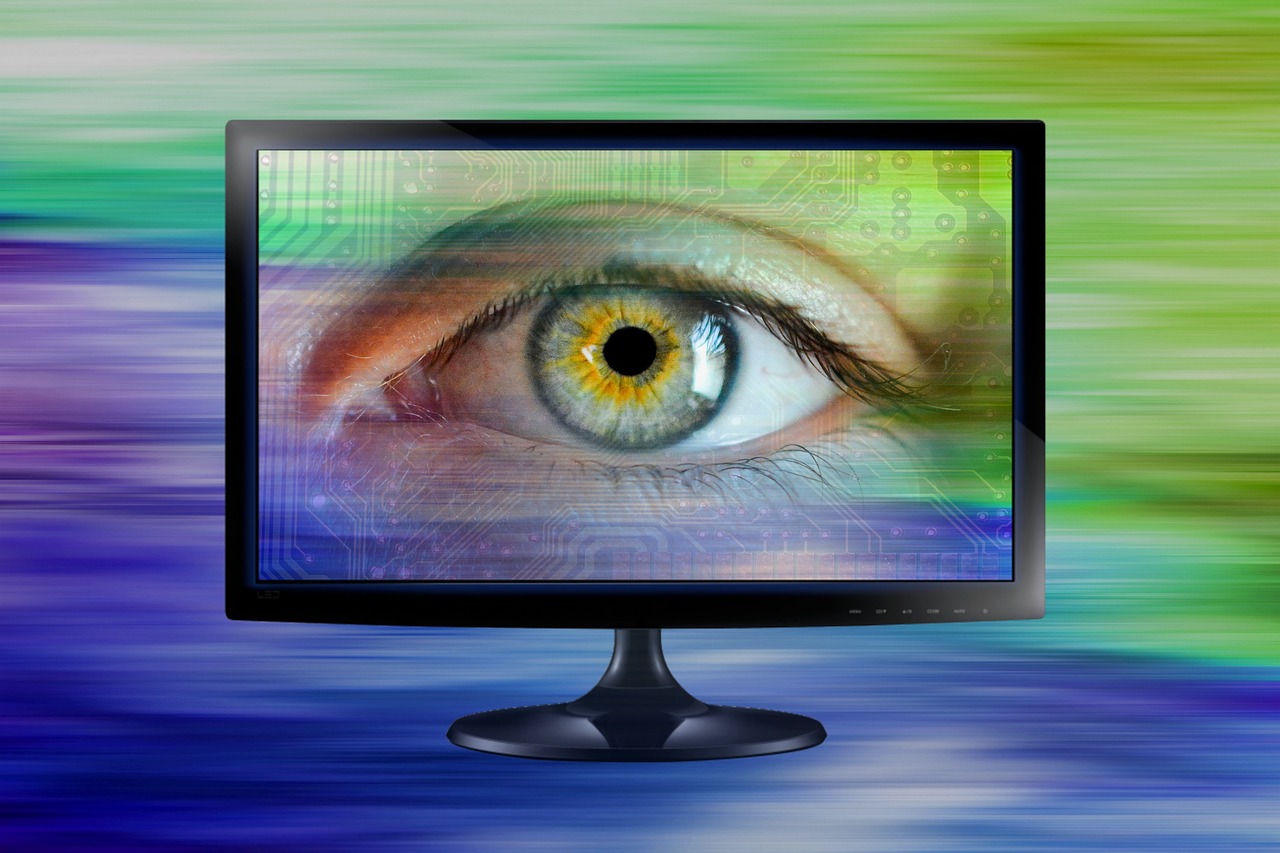
Global Perspectives on Surveillance
When it comes to surveillance and wiretapping, the global landscape is as diverse as the cultures and legal systems that govern different nations. Each country approaches the delicate balance between privacy and security through its own lens, influenced by historical contexts, political structures, and societal values. For instance, in countries like the United States, the emphasis on individual rights and freedoms often leads to heated debates over the extent of government surveillance. On the other hand, nations like China implement extensive surveillance systems, justified by the government as necessary for maintaining social order and national security.
In Europe, the General Data Protection Regulation (GDPR) has established strict guidelines regarding personal data and privacy, reflecting a strong commitment to protecting citizens' rights. This regulatory framework contrasts sharply with less stringent laws in other regions, highlighting a fundamental difference in how privacy is perceived and protected. The European Union tends to prioritize individual privacy over state security, while some Asian countries may prioritize collective security at the expense of personal freedoms.
Moreover, the ethical implications of surveillance practices can be further understood by examining the following factors:
- Cultural Attitudes: Different cultures have varying levels of acceptance regarding surveillance. In some regions, there is a strong belief that surveillance is an invasion of privacy, while others may view it as a necessary tool for safety.
- Legal Frameworks: The laws governing surveillance practices vary widely. In some countries, there are robust legal protections against unwarranted surveillance, while in others, the laws are vague or nonexistent.
- Technological Capabilities: The advancement of technology plays a critical role in shaping surveillance practices. Countries with greater technological resources may engage in more extensive surveillance activities.
As we look at global perspectives on surveillance, it’s crucial to consider the implications of these practices on human rights. For instance, the use of facial recognition technology has raised significant ethical concerns, especially in countries where such technology is deployed without sufficient oversight. In regions where government surveillance is pervasive, citizens may feel a constant sense of being watched, leading to self-censorship and a chilling effect on free expression.
In conclusion, the morality of surveillance is not a one-size-fits-all issue. It is influenced by a myriad of factors, including cultural norms, legal frameworks, and technological advancements. As we continue to navigate this complex landscape, it’s essential for global dialogue to foster a deeper understanding of how surveillance practices impact individual freedoms and societal well-being.
1. What is the primary concern regarding surveillance practices?
The main concern is the balance between ensuring national security and protecting individual privacy rights. Many fear that excessive surveillance can lead to abuses of power and violations of civil liberties.
2. How do different countries regulate surveillance?
Countries vary significantly in their regulatory approaches. For example, the EU has strict data protection laws, while other nations may have more lenient regulations or lack comprehensive legislation altogether.
3. What role does technology play in surveillance?
Advancements in technology, such as AI and big data analytics, have significantly enhanced surveillance capabilities, raising ethical concerns about privacy and consent.
4. How can citizens protect their privacy in a surveillance-heavy environment?
Citizens can take measures such as using encryption tools, being mindful of their digital footprints, and advocating for stronger privacy protections in their respective countries.
Frequently Asked Questions
- What is wiretapping and how does it work?
Wiretapping refers to the interception of telephone or internet communications by a third party, often for the purpose of gathering information. This can be done through physical devices attached to phone lines or through software that captures digital communications. It's like having a secret listener on the other end of the line, which raises significant ethical questions about privacy.
- Is wiretapping legal?
The legality of wiretapping varies by country and is often subject to strict regulations. In many places, law enforcement agencies must obtain a warrant before conducting wiretaps, ensuring there's probable cause. Think of it as needing a ticket to enter a concert; without it, you're just trespassing on someone else's privacy.
- What are the ethical implications of surveillance?
The ethical implications of surveillance are vast and complex. On one hand, it can enhance security and prevent crime, but on the other hand, it can infringe on individual freedoms and privacy rights. It's a balancing act, like walking a tightrope where one misstep could lead to a loss of trust in authorities.
- How does surveillance impact civil liberties?
Surveillance can significantly impact civil liberties by creating a chilling effect on free speech and expression. When people know they are being watched, they might hesitate to voice dissenting opinions or engage in political activism. It's akin to living under a microscope, where every action is scrutinized, leading to self-censorship.
- What role does government play in surveillance practices?
Governments are often the primary entities responsible for implementing surveillance practices. They must navigate the delicate balance between ensuring national security and protecting citizens' rights. This responsibility comes with ethical obligations, much like a referee in a game who must enforce rules fairly and justly.
- How can transparency in surveillance foster public trust?
Transparency in surveillance practices can help build public trust by ensuring that citizens are informed about what data is collected and how it is used. Clear communication and ethical guidelines can alleviate fears and suspicions, creating a more cooperative relationship between the public and authorities, similar to a well-lit room where everyone can see what’s happening.
- What are the effects of technological advancements on surveillance?
Technological advancements, such as AI and big data, have revolutionized surveillance methods, making them more efficient but also more intrusive. These technologies can analyze vast amounts of information quickly, but they also raise concerns about privacy and potential misuse. It's like having a super-sleuth detective who can uncover everything, but whose methods might cross ethical lines.
- How do case studies illustrate the ethical dilemmas of surveillance?
Case studies provide real-world examples that highlight the ethical complexities of surveillance. They show how different situations can lead to varying moral dilemmas, often revealing the unintended consequences of surveillance practices on individuals and communities. It's like peeling an onion; each layer reveals deeper issues that need to be addressed.
- What is the impact of surveillance on vulnerable populations?
Surveillance often disproportionately affects marginalized communities, raising significant ethical concerns. These populations may face increased scrutiny and discrimination, leading to a cycle of mistrust and fear. It’s like being under a spotlight while everyone else is in the shadows, which can exacerbate social injustices.
- How do different countries approach surveillance ethics?
Different countries have varying ethical standards when it comes to surveillance, influenced by cultural, legal, and political factors. Some nations prioritize security over privacy, while others emphasize individual rights. It's a patchwork of approaches, each reflecting the values and priorities of its society, like a quilt made from diverse fabric pieces.



















